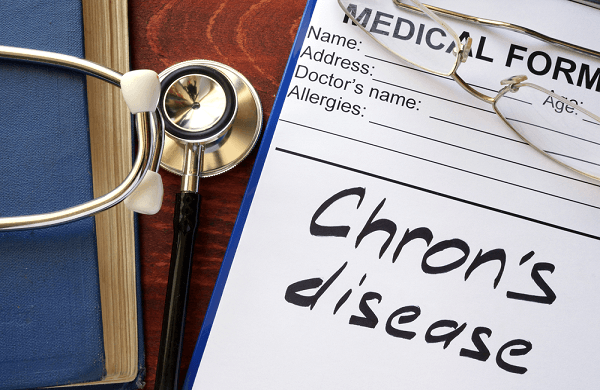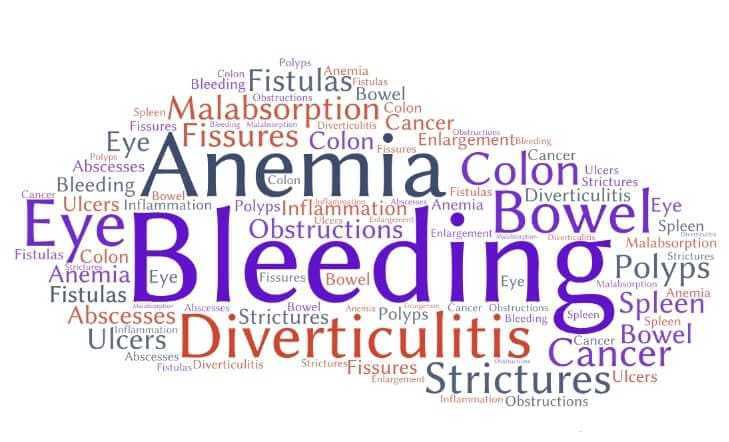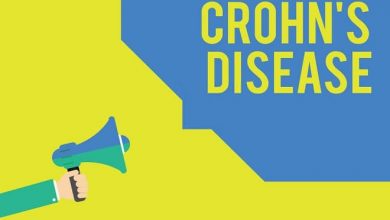Common Questions about Crohn’s Remission


For individuals who have lived with Crohn’s disease for some time, remission may be a regular occurrence. For those who were only recently diagnosed, though, remission is something to strive for. Simply defined, remission is a time when the symptoms of Crohn’s disease diminish or disappear. While no two individuals will experience identical remission patterns, there are certain factors within your control that can help to prolong remissions. Here are answers to some common questions about Crohn’s remission.
What is remission?
Remission refers to periods of time when Crohn’s symptoms temporarily cease or decrease in frequency and severity. As Everyday Health reports, some people might experience remission from Crohn’s for years, but most individuals’ remissions will end within 18 to 24 months of onset. When remission ends, a period referred to as relapse begins, in which the patient is far more likely to experience symptoms of Crohn’s with greater severity. It’s important to discuss these possibilities with your doctor and determine what you can expect and how to move forward.
How should I diet during remission?
Due to the frequent need to use the bathroom experienced by patients with Crohn’s, many people have a hard time getting the essential nutrients that they need. When you are experiencing periods of remission, your body will digest and process food more efficiently. According to the website Nutrition Facts, plant-based diets can provide valuable nutrients and vitamins that your body may be losing out on when experiencing relapse. Next time you enter a remission cycle, discuss how to modify your diet with your physician. He or she may suggest focusing on nutrient-rich fruits and vegetables, but easing into any dietary changes to determine your body’s readiness for them.
How can I induce remission?
Unfortunately, there isn’t any known way to induce periods of remission from Crohn’s disease. That said, you may raise your odds of having longer remission cycles and manageable periods of relapse by maintaining a healthy diet and exercise regimen. You’ll also want to be sure to adhere strictly to whatever treatments your doctor has recommended. Take note of any factors that seem to worsen or relieve the symptoms you experience from your Crohn’s. Relay these to your medical professionals regularly to help them design and update the best treatment plan possible for you.





